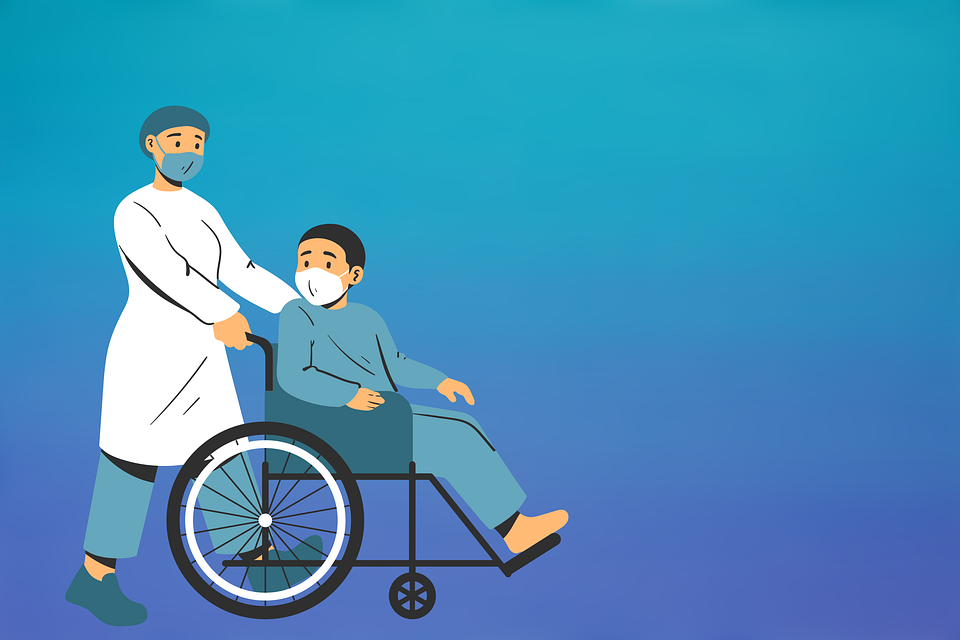What does Community Inclusion mean?
Community inclusion can be defined as the opportunity to live and dwell as a contributing member of one’s respective community while also being valued for one’s abilities and uniqueness — regardless of one’s disability. The main goal of community inclusion is for participation of people with IDDs across a wide range of areas, including:
- Housing
- Education
- Employment
- Recreation and Leisure
- Civic Engagement
- Peer Support
- And more
Work as a Community Inclusion Worker in Canada
Do you like helping people discover their very own pathways to success? Do you have a passion for helping adults with autism spectrum disorder uncover their individual pathways to success?
Community inclusion is important because all people, regardless of their abilities, should be able to participate and engage in a full range of community activities. At Community Mainstreaming (CMA), the principles of community inclusion inform and fuel all of our programs. Continue reading to learn more about community inclusion and how we implement it to empower people with intellectual and developmental disabilities (IDD) to live as independently as possible.
The Chris Rose Therapy Centre for Autism that’s in Kamloops, British Columbia, has positions open for people to work with the younger women and men who attend our group inclusion program, which works immediately with adults with autism spectrum disorder (ages 19 and up).
All positions will embrace the opportunity for relief / on-call, and there’s a chance of more hours as shifts become accessible.
The successful candidate can be accountable to work with people ages 19 and up with Autism Spectrum Disorder in their Community Inclusion Program.

Read also:
Become an Instructor in Canada – College of Lethbridge
Germany Visa for the Recognition of Professional Qualifications
Germany Trade Fair Exhibitions Visa
Successful candidates will work with clients to develop abilities in gross and fine motor expertise, cognitive improvement and social, behavioural and emotional improvement. Every client has a program tailor made for his or her skills and area of ability obtainment.
Clients in our grownup program may have personal care plans and behavior plans unique to them. This isn’t a desk job — employees will partake in activities with their clients, often on a one-to-one basis, with occasional group actions relying on the client’s personal planning.
This position will contain working one-on-one with adults with the autism spectrum disorder. Relying on the client, they’ve completely different personal care plans, and will experience completely different behaviour challenges.
This will include needing help with toileting, and may include being there for the client if they’re having a behaviour episode. Whereas there are some group activities, the vast majority of the time it’s only the worker and the client.
Job Requirements:
- Must have the ability to pass a Criminal Records Check (vulnerable sector).
- Valid First Aid
- 19 years or older.
- Valid BC Driver’s License (Class 5) and a dependable car to move clients.

Explore:
Germany Training/Internship Visa : Easy Guide
Tourist Schengen Visa – Traveling to Europe for Tourism
Germany Tourist / Visitor Visa
A student’s guide to living in Newcastle
Particular shifts can be discussed through the interview, and the place can be full time or half time. Benefits are available to employees who regularly work 24 or more hours a week upon successful completion of the probation time period.
This job will contain aiding adults with autism spectrum disorder in working through difficult behaviours, and preference can be given to those who have experience.
COVID-19 considerations: All provincial tips and restrictions regarding COVID-19 protocols shall be followed. COVID-19 vaccination status must be disclosed as it’s a requirement of a few of the contracts that employees be vaccinated to work with clients.
TO APPLY:
If in case you have the skills and experience required for this place, please forward your resume to:
E-mail: crtca@chrisrosecentre.org
Use these Links to Explore:
Money, living expenses and costs in UK

